Books for helping children manage friendship problems
Learning how to recognise a good friend (and how to be one) is an important part of childhood. All children experience some ups and downs in friendships. Parents can play an important role in helping children manage friendship problems by helping them think about why their friends might be behaving in a particular way and discussing what qualities and actions show that someone is a good friend. (See these Tips for helping children with friendship problems)
Snuggling up with a book can be a great way to talk through friendship issues sensitively with young children and introduce new ideas. And for older children, who want to think about issues for themselves, books can be a safe space to work through thoughts, scenarios and emotions.
Any book can be used to talk about friendship (see our free video on Using Story Time to understand your child better for tips on this). But here are some specific recommendations for really good books for helping children manage friendship problems.
*This post contains affiliate links
Pip and Posy: The Super Scooter
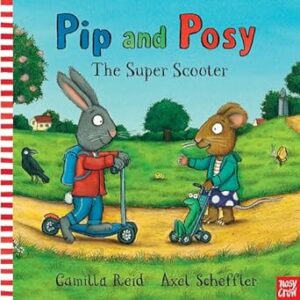
 Willow Finds a Way
Willow Finds a Way
Willow Finds a Way by Lana Button really cleverly explores how playground friendship issues can spill over into bullying behaviour. It’s a fantastic book for reading with pre-school or early school age children to help them unpick at what point unkindness becomes unacceptable. The Speak Up message is spot on and especially so because Willow is really shy so standing up for herself is not something that comes easily. A great conversation starter. Ages 3-7yrs
The Not-So-Friendly Friend
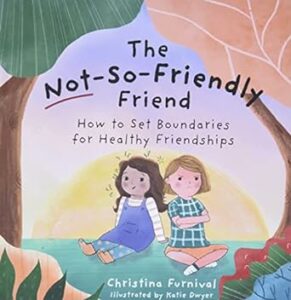
 Big Friends
Big Friends
If you are looking for a book exploring the conflicts that occur when a pair of good friends expands to become a trio, Big Friends by Linda Sarah is a good pick. There is jealousy, feeling left out and lots of big emotions to discuss – all in a very safe and familiar-feeling storybook. I especially like it because the main characters are boys (most of the stories on this topic involve girl trios). Ages 4-8yrs
 Growing Friendships
Growing Friendships
Growing Friendships by Eileen Kennedy-Moore is a non-fiction guide for children on how to make and keep friends. If your child is struggling generally with social skills and friendships, this book comes highly recommended by parents and professionals. It’s full of comic-strip examples to talk through, plus guidance and strategies for children to try out. Contains a surprising amount of humour which might help reduce worries! Ages 6-9yrs
 Make Friends Break Friends
Make Friends Break Friends
The scenario behind Make Friends Break Friends (by Julia Jarman) is a typical girls’ toxic trio but the twisty plot elevates this to a jolly good read. If your child is a fairly confident reader, they could read it alone – or you can read it together. Very easy to identify with and lots of good learning without being at all preachy. Ages 7-9yrs
Billionaire Boy
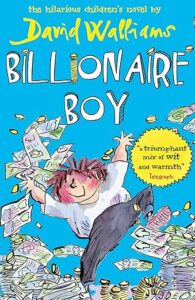
Bad Girls
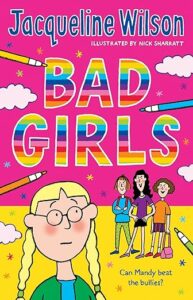
The Catastrophic Friendship Fails of Lottie Brooks
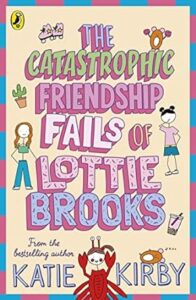
 A Smart Girl’s Guide: Friendship Troubles
A Smart Girl’s Guide: Friendship Troubles
A non-fiction alternative for helping children manage friendship problems is A Smart Girl’s Guide: Friendship Troubles by Patty Kelley Criswell. It’s a bit Americanised but definitely worth a shot if friendship problems are plaguing your daughter. It covers backstabbing, friendship triangles, falling out with your bestie and all the common friendship group issues but in an accessible, interactive and practical format. Ages 8-11yrs
When Girls Fall Out
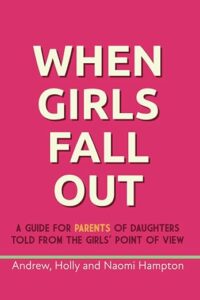
This is my pick of the best books for helping children manage friendship problems. I’d love to hear you feedback and your recommendations – please do comment below! You might also want to take a look at this video: “I don’t like my daughter’s friends”.
And if you found this post useful, you might also like these:
- Best books to teach children social skills (2-7yrs)
- Books for talking to children about emotions
- Children’s books about shyness
Does your child suffer from ANXIETY? We offer specialised support for parents to help you learn how to support an anxious child/teenager and build their confidence. Details here.
*This is not a sponsored post, I wrote it in response to questions I am frequently asked during my parenting clinics. However, it does contain affiliate links which means that if you click through from this post and buy a book, the Positive Parenting Project will receive a small commission. There is no additional charge to you. This helps us keep providing free content. For more info, see Disclosure Notice. The age ranges are those recommended by the publishers.

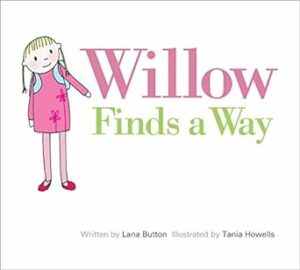 Willow Finds a Way
Willow Finds a Way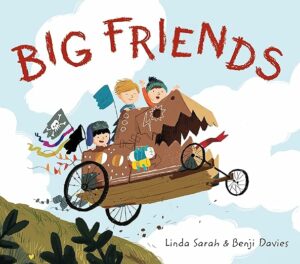 Big Friends
Big Friends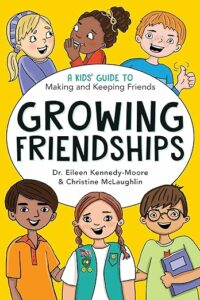 Growing Friendships
Growing Friendships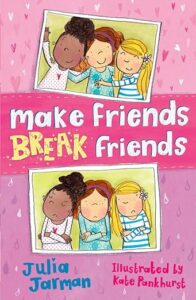 Make Friends Break Friends
Make Friends Break Friends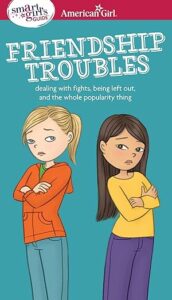 A Smart Girl’s Guide: Friendship Troubles
A Smart Girl’s Guide: Friendship Troubles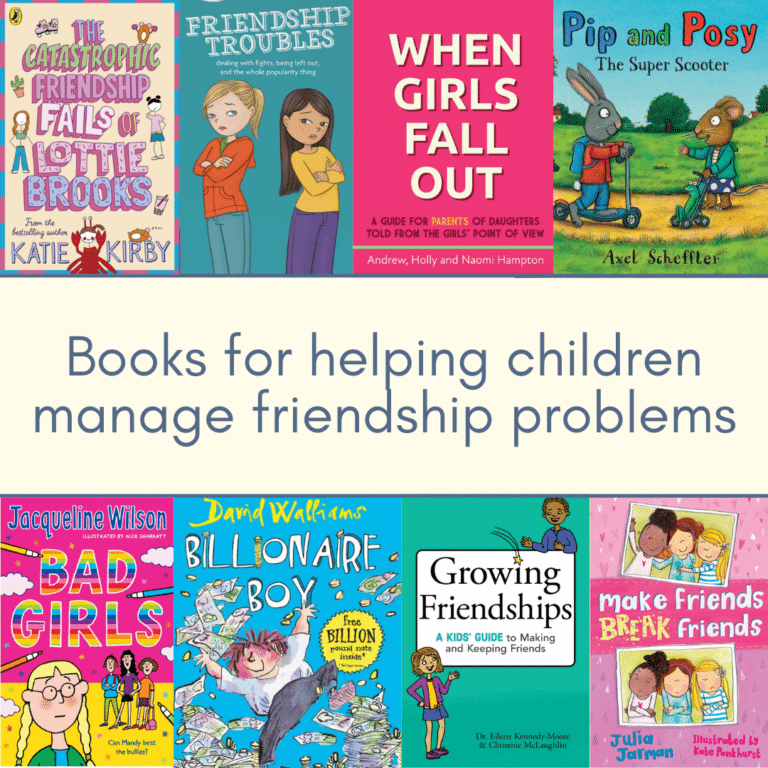
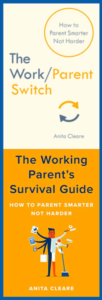
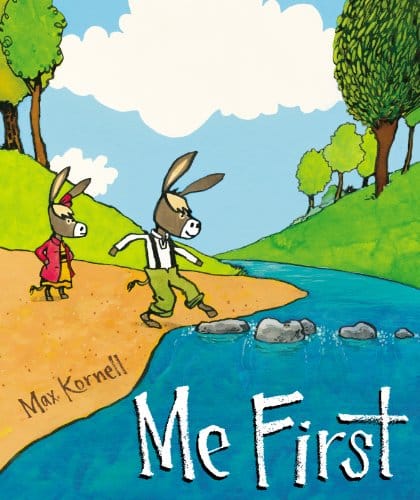
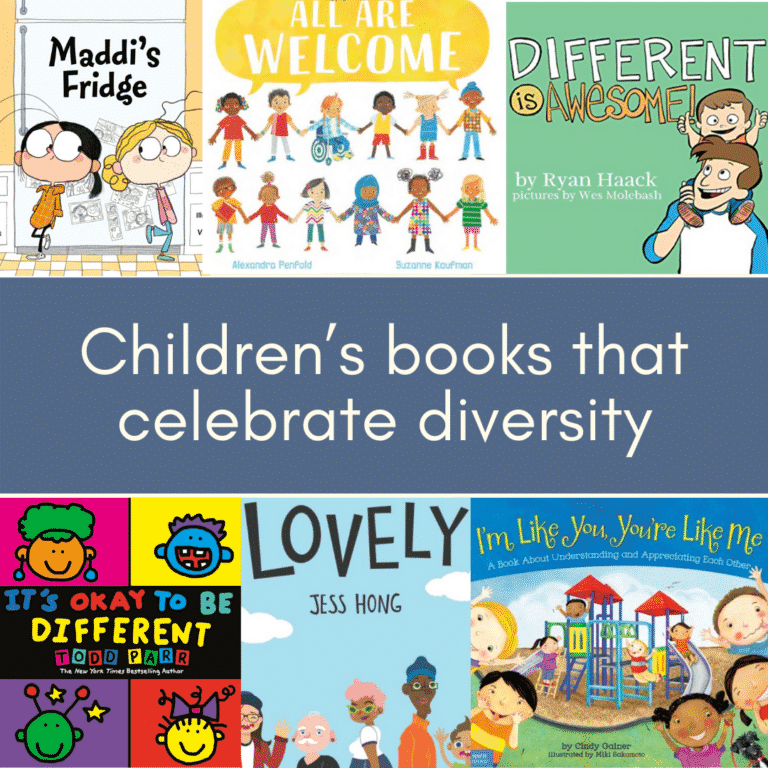
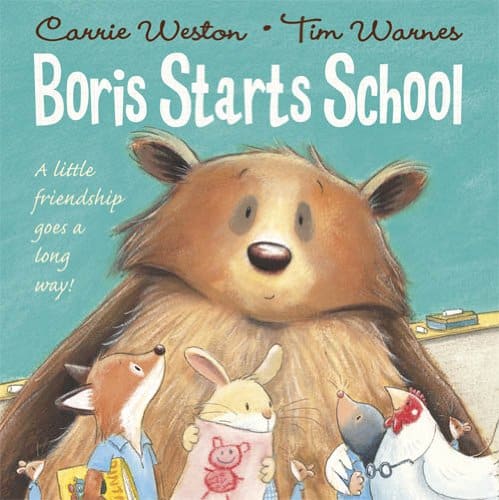
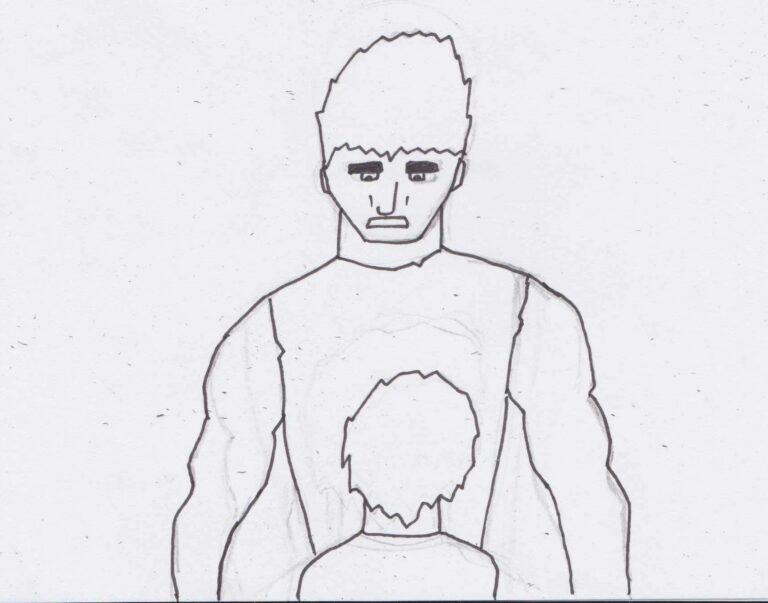
Leave a Reply